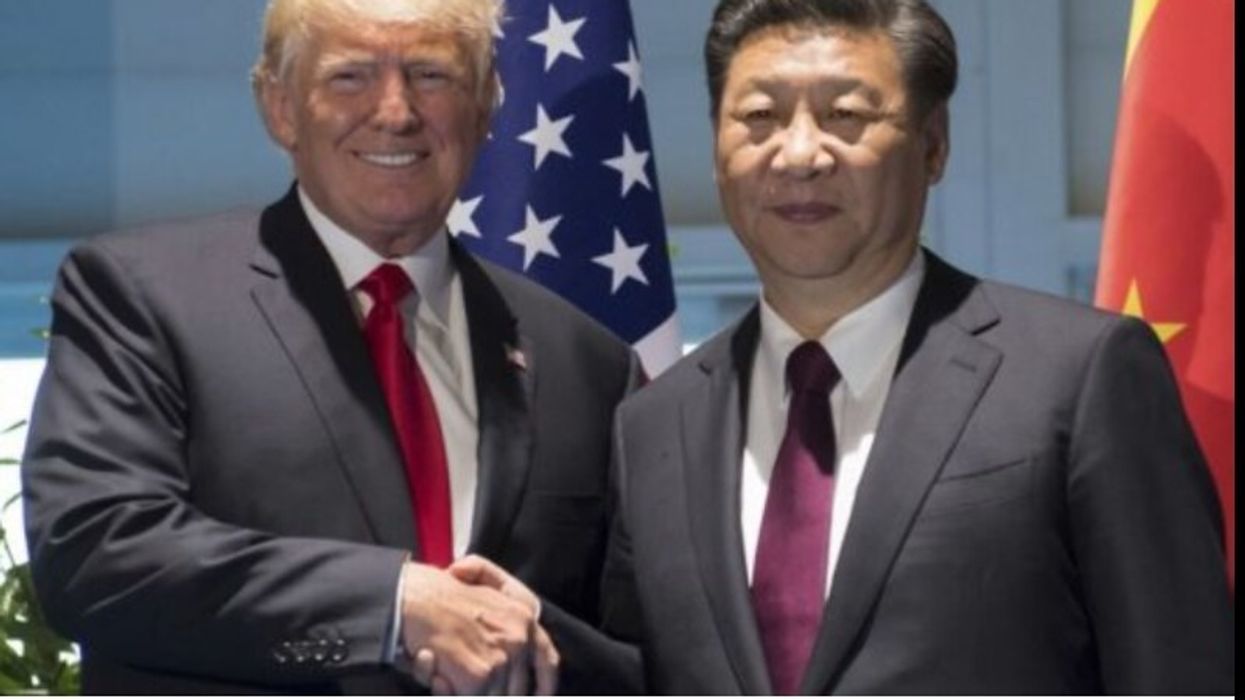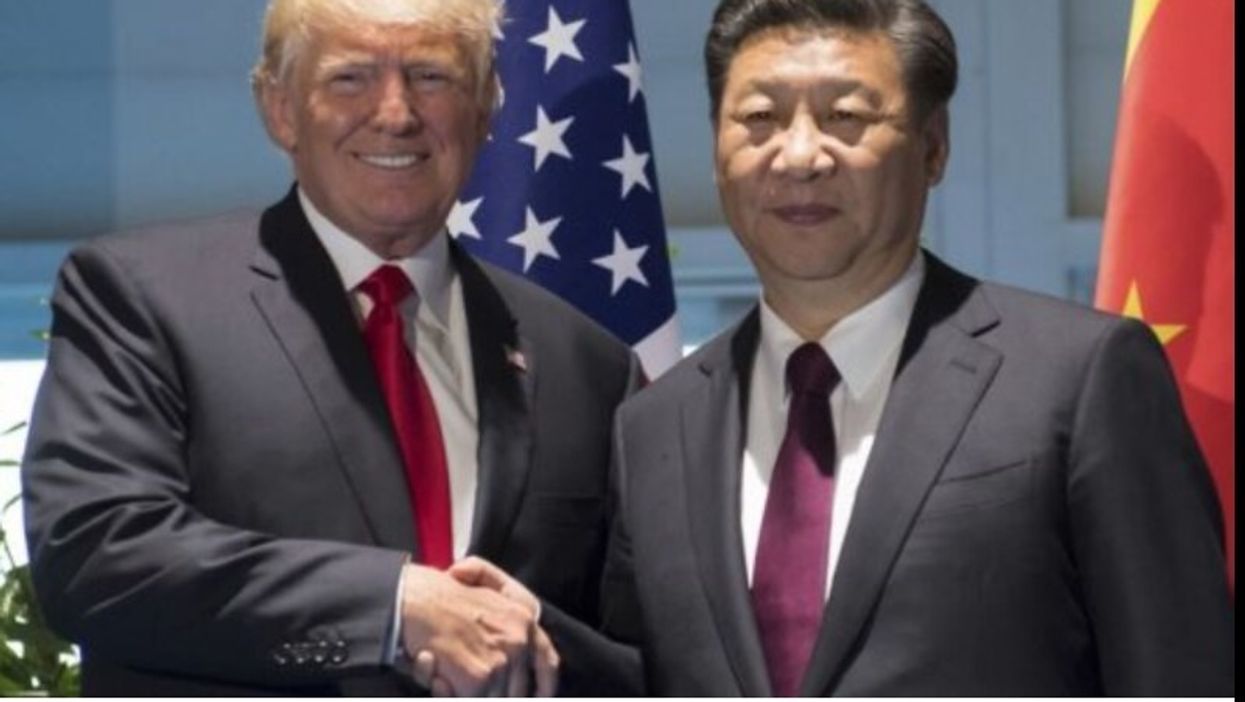Why Trump Is Driving Our Allies Closer And Closer To China
In World War II, the United States allied with Stalin to defeat Hitler. No one had any illusions about Stalin being a great supporter of democracy. The reason for the alliance is that the Soviet Union had one of the most powerful militaries on the planet and the United States desperately needed its help to defeat Hitler and the other Axis powers.
The European Union, Canada, and every other country interested in preserving democracy in the age of Trump needs to think in the same way about allying with China. No one would mistake China for a being beacon of democracy, but it does have the largest economy in the world, and its manufacturing capacity, especially in the areas of clean energy and electric vehicles, can be a huge benefit to the rest of the world as it tries to break free of its reliance on the United States.
At this point, it should be apparent to anyone other than the rear-end kissers in Trump’s cabinet that being in any way dependent on Donald Trump is a route to disaster. Trump could not care less about even the mid-term future (he’s 79-years-old and in bad health), much less the longer-term future for the United States and the world. He wants to shake everyone down as much as he can for as long as he can.
That was the story of his “Liberation Day” tariffs. There was no coherence to the various tariff rates imposed on U.S. imports from different countries. He came up with a formula that made zero sense and used this as a starting point. Countries that were nice to him saw some reductions. Countries that Trump felt were being mean, like Brazil, India, and China, saw higher rates.
But the big problem with Trump was not the initial tariffs, it’s that he always wants more. He doesn’t like the tax on digital commerce that the EU has, so he is threatening more tariffs. He doesn’t like their value-added taxes, again more tariffs. And he wants them to join his crusade to wreck the planet by burning more fossil fuels and is threatening more tariffs for countries that won’t go along.
As long as the EU, Canada, and anyone else is prepared to give in to Trump’s demands, he will keep asking for more. In this context, the only strategy that makes any sense is for the rest of the world to integrate as quickly as possible, with the goal of reducing its dependence on the United States as much as possible.
Closer ties with China should feature front and center in this picture. China has cutting edge technology in many areas. The EU and other countries should look to take advantage of this technology, both in getting high quality and low-cost imports, and also by arranging for technology transfers.
The latter is something that would have to be negotiated, but China already has many arrangements with trading partners where it agrees to establish factories there in exchange for access to their markets. Surely the EU, Canada, and other major countries could negotiate the same sorts of deals that Thailand has formally with EVs, and countries like Mexico and Indonesia have informally.
This could lead to a situation where EU consumers could get access to a limited number of high quality Chinese EVs for around $10,000 a piece, while they develop their own production facilities to quickly supply their own markets with EVs. It should be possible to ramp up quickly so that EVs rapidly replace conventional internal combustion cars. EVs already account for more than half of new car sales in China. There is no reason the EU, Canada, and rest of the world, outside of the U.S., can’t do the same in a relatively short period of time.
There is a similar story with wind and solar energy. China’s installations of wind and solar are roughly equal to the rest of the world combined, and growing rapidly. And the cost of electricity generated through these sources is half the cost of energy from coal or gas. The EU, Canada, and the rest can look to quickly build up both their power generation from these sources, as well as their domestic production of wind turbines and solar panels through technology transfers.
Cheap EVs and low-cost electricity should go far towards sustaining living standards through a transition away from dependence on U.S. trade. There will undoubtedly be many issues to iron out in working through trade deals, but at this point it should be clear that closer economic ties to China are preferable to being dependent on the whims of the five-year-old in the White House.
Dean Baker is an economist, author, and co-founder of the Center for Economic Policy and Research. His writing has appeared in many major publications, including The Atlantic, The Washington Post, and The Financial Times. Please consider subscribing to his Substack.
Reprinted with permission from Substack.










